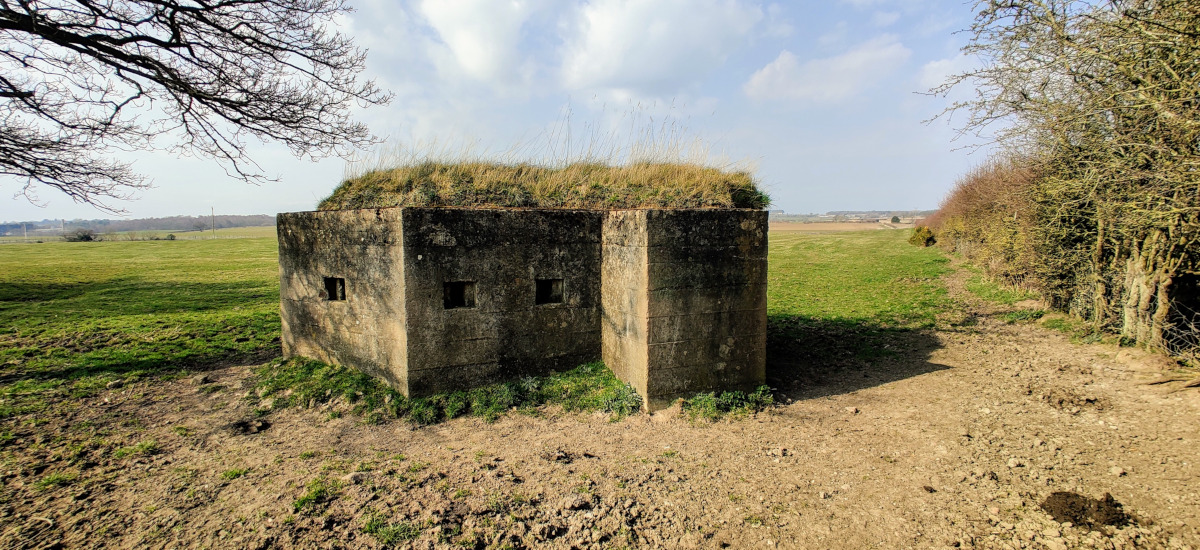Weeknote 13/2020
This week was the same as last week. I’m tempted to leave it there, but of course the devil is in the detail, and the interest is in the nuance; the gaps and the cracks are what make us human.
I think you can read a lot into the fact that I dusted the desk in my home office on Friday morning. My office isn’t overly-dirty or untidy, but suffice to say that I managed to move around enough dust that I sneezed myself through my next video conference.
For me, Lent is now receding into the distance, despite the fact that, at the time of writing, there’s still two weeks until Easter. After all, when part of my family’s homeschooling curriculum involves baking cakes, and my wife buys me a bottle of whisky ‘just in case’, it’s fair to say that all bets are off.
Talking of my wife, I’m sure you can imagine the look on her face when an Oculus Go arrived at our house this week. Initially, I thought her shock was from me having bought something made by a company now owned by Facebook. It turns out that I was mistaken! Instead, she was concerned about the frivolous nature of VR and me buying another screen to look at.
I informed her that I didn’t pay full price but, instead, bought it from an eBay seller who had rarely used it. However, instead of being pleased by my cost-saving, she pointed out that buying something that works by attaching it to your face during a pandemic is… well, I don’t think I caught the end of her sentence. Back in the doghouse.
Like many people, I get emails from Google Maps showing me where I’ve been over the past month. I sincerely hope they’ve switched this service off for the foreseeable, as otherwise it’s going to be rather depressing.
My pandemic routine, such as it is, is like a parody of my normal day. Up at 06:30; breakfast with the children while my wife gets ready; start work in my home office at 08:00; work until 12:00; lunch; start again at 12:30; finish at 16:00. Rinse and repeat.
This means, on average, I walk 652 steps over the course of the working day. So it’s imperative that I do some form of exercise. I’ve been running; either hill sprints or my usual route around our town’s bypass, which is around 6.5km. It was just a little dispiriting when I left my smartwatch charging when heading off for a run the other day. I know the thing is having actually done the steps rather than record them, but I don’t like my smartphone to be yet another thing to be disappointed in me.
I went to visit my parents last Sunday for Mother’s Day, and then during the week to deliver some items that they hadn’t been able to get. Talking through a pane of glass, with the window cracked open slightly, felt like either they or I was in prison. It was pretty surreal, as is everything in this situation. It’s like being part of an alternative reality game where the daily arrangement of Joe Wicks’ shelves gives clues on how to escape.
Other than that, my only non-exercise activity was taking my children up to a WWII ‘pillbox’ that is less than a mile away from our home. I’m trying an enquiry-based approach to teaching them History, starting with an era neither of them have studied yet. They’ve come up with some great questions so far, which we’ll dive into over the coming weeks.
There’s something completely different about walking and talking, and being out in the open air when teaching and learning. I know it’s not ‘saleable’ but perhaps not everything needs to be? I think education is potentially going to look very different post-pandemic, especially if the lockdown lasts months instead of weeks.
We bought a picnic table to go on the patio at the end of our (small) garden. When it arrived, my wife was concerned it was too small, that it was one meant for kids. In the end, everything turned out alright and, after we put it together, we enjoyed a beer while wearing coats and hats. It’ll be good when the weather gets a bit better and the kids can do some of their schoolwork outside.
There’s not much to be said on the work side of things. The stuff I’ve done for the co-op would require a lot of context to make any sense, but we’re continuing to do work for Red Hat and Greenpeace.
With MoodleNet, we’re now very close to having a version ready for federation. There’s a showstopping bug in some of the code we depend on from another project that needs fixing. But other than that, we’re talking small tweaks and configuration. It’s pretty exciting being this close to releasing something for testing that we know is going to be so useful to so many educators.
Next week, let’s see… yes, I’ll be at home. Doing pretty much the same things as I’ve done this week. I’m all for routine, but this is ridiculous!
Photo of WWII pillbox taken by me on Thursday.

